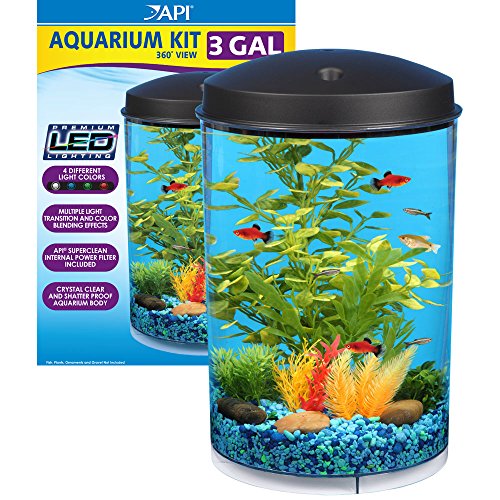Does your pets skin and coat look shiny and healthy, if not this could suggest the need for more fatty acids to be in your dogs diet.
A dogs diet affects all aspects of his body including the skin and coat. If your dogs diet contains adequate amounts of fatty acids, his coat and skin should appear healthy. Fatty acids in your dogs diet will prevent problems with dry skin and dandruff, for example. A dull coat may suggest a need for supplements of fatty acids in your dogs diet.
Studies indicate that essential fatty acids, called EFAs, contribute to healthy skin and coat, as well as general health. Omega 3 and omega 6 fatty acids, for instance, can play a indispensable role in your dogs overall well being.
Do not assume that adding fatty acid supplements to your dogs diet is always a good idea. If your dogs coat is in great condition, adding more EFAs will not automatically improve health. The fatty acid supplements, such as omega 3 and 6, are only for dogs with diagnosed skin troubles. Always confer your veterinary before adding a supplement to your dogs diet. Your veterinary surgeon will be happy to discuss with you the better form of EFAs and the right dosage to add to your dogs diet.
Fatty acids are not made by your dogs body. For this reason, you must provide EFAs to your pet through your dogs diet. If your veterinary surgeon advocates extra supplements of fatty acids, you may wish to ask about linseed or sunflower oil.
Within a short period, such as 4 weeks, you should see a large improvement in your dogs coat and skin. Discover the miracle of fatty acids work in your dogs diet. When seven weeks have gone, you should see a impressive change for the better in your pets health.
High levels of omega 3 fatty acids are reckoned to ward off some forms of cancer. Cardiovascular health and joint health will improve, as well, with higher levels of omega 3 in your dogs diet.
Omega 6 fatty acids is present in store-bought dog food at effective levels. Supplementing omega 3 will aid to improve the ratio and produce a difference in your pets health. Fish and flax seed are very great sources of omega 3 fatty acids. Just always be cautious and ask your vet before you do any form of supplementation. As Well take note that some forms of fish may not be safe to be part of your dogs diet.
Supplementing your dogs diet may not be required. The only way to make up one's mind if your dogs diet does want extra fatty acids is to visit your veterinary, so you can both talk about your pets health. Never decide to medicate your dog without first looking for the advice of a professional. This is because your dogs diet needs to contain the right balance of nutrients. Good sources of EFAs are flaxseed, linseed, and sunflower oil. Your dogs diet is the first step in giving your pet overall health and a happy life with your pet for years to come.

 How to Tell a Male Betta From a Female Betta
How to Tell a Male Betta From a Female Betta
How to Tell a Male Betta From a Female Betta
How to Tell a Male Betta From a Female Betta
 Why are there so Many More Shark Attacks?
In 2004 16 year old, J.P And
Why are there so Many More Shark Attacks?
In 2004 16 year old, J.P And
 Clown Fish Small Tank Set Up for Beginners
Clown Fish Small Tank Set Up for Beginners
Clown Fish Small Tank Set Up for Beginners
Clown Fish Small Tank Set Up for Beginners
 How to Not Kill your Fighting Fish
A little over a year ago, my
How to Not Kill your Fighting Fish
A little over a year ago, my
 How to Kill Ich in a Fresh Water Fish Tank
How to Kill Ich in a Fresh Water Fish Tank
How to Kill Ich in a Fresh Water Fish Tank
How to Kill Ich in a Fresh Water Fish Tank